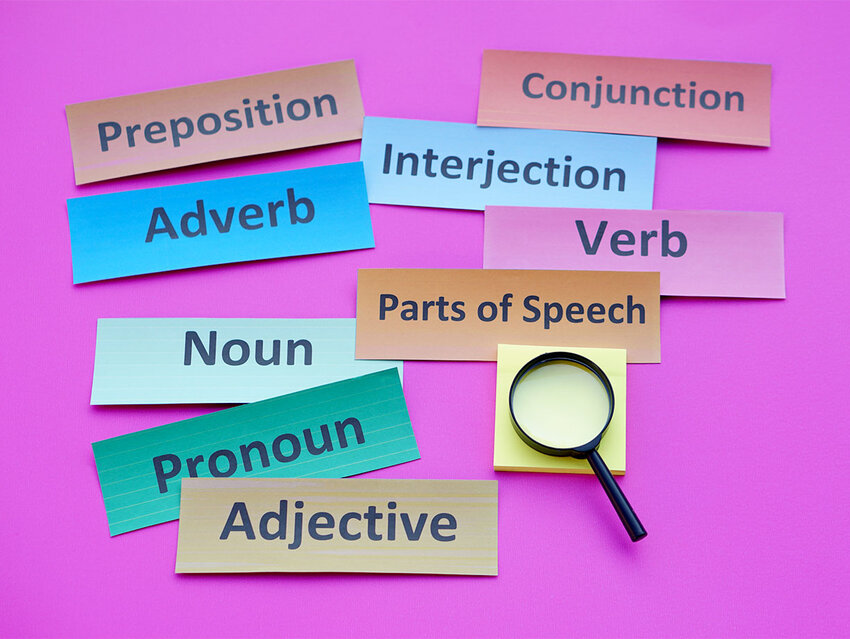
Schema
[SKEE-mə]
Part of speech: noun
Origin: Greek, late 18th century
1.
A representation of a plan or theory in the form of an outline or model.
2.
(In Kantian philosophy) A conception of what is common to all members of a class; a general or essential type or form.
Examples of Schema in a sentence
"The business plan for the next five years was clearly laid out in the one-page schema."
"The football coach used the halftime break to draw a schema of some new plays for the team."
About Schema
“Schema” is adapted from the Greek “σχῆμα” or “skhēma,” meaning “form” or “figure.”
Did you Know?
In the education field, “schema” and the plural “schemata” refer to the basic ideas of how things are and how they might be organized. For example, a child who lives in a row house with a flat roof might initially believe a home is any other row house with a flat roof. As the child learns about the world, they might encounter detached homes, houses with angled roofs, mobile homes, and apartments. The child’s schema, or understanding, of what a home represents, grows wider and more detailed. The schema of what “home” means does not go away, but gathers nuance as the child learns.








